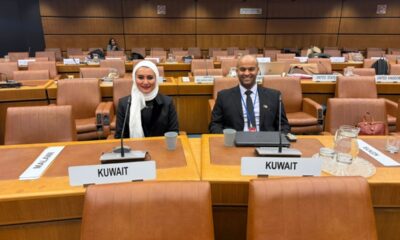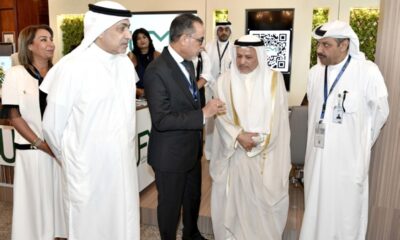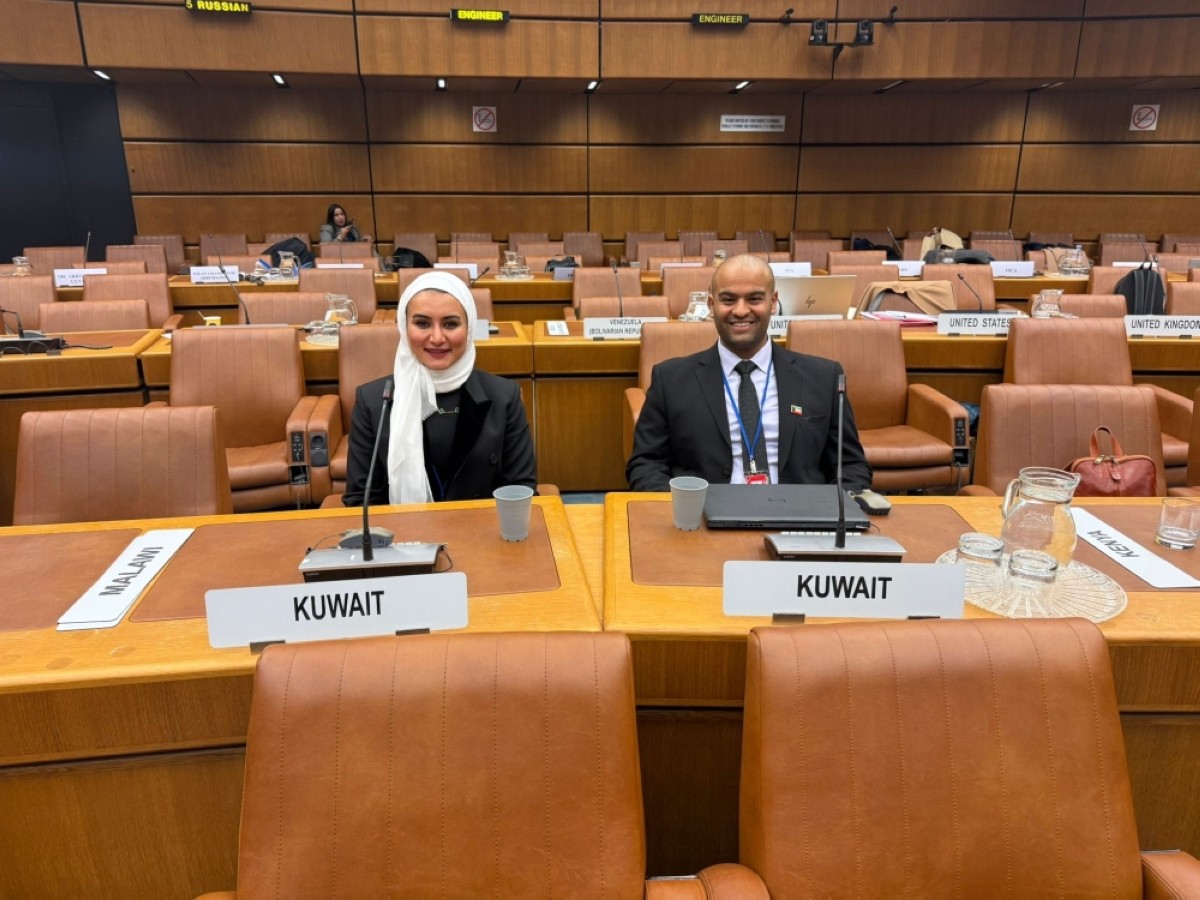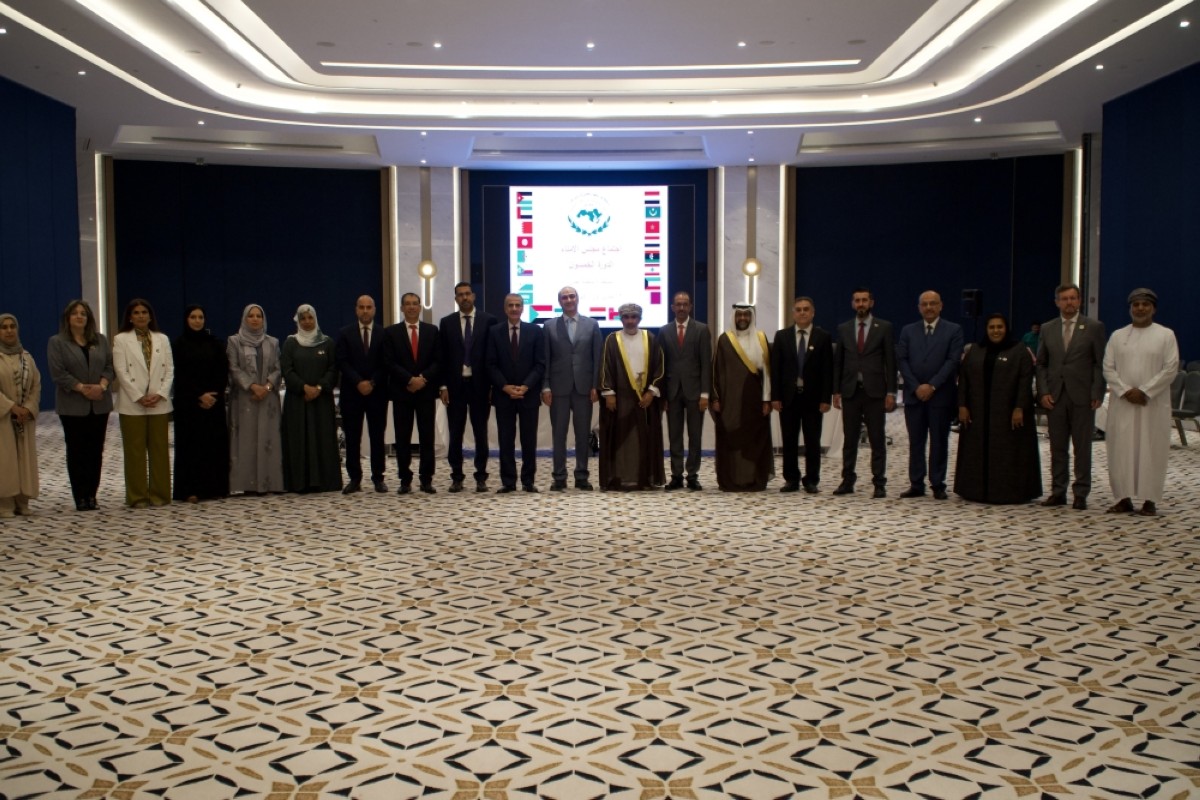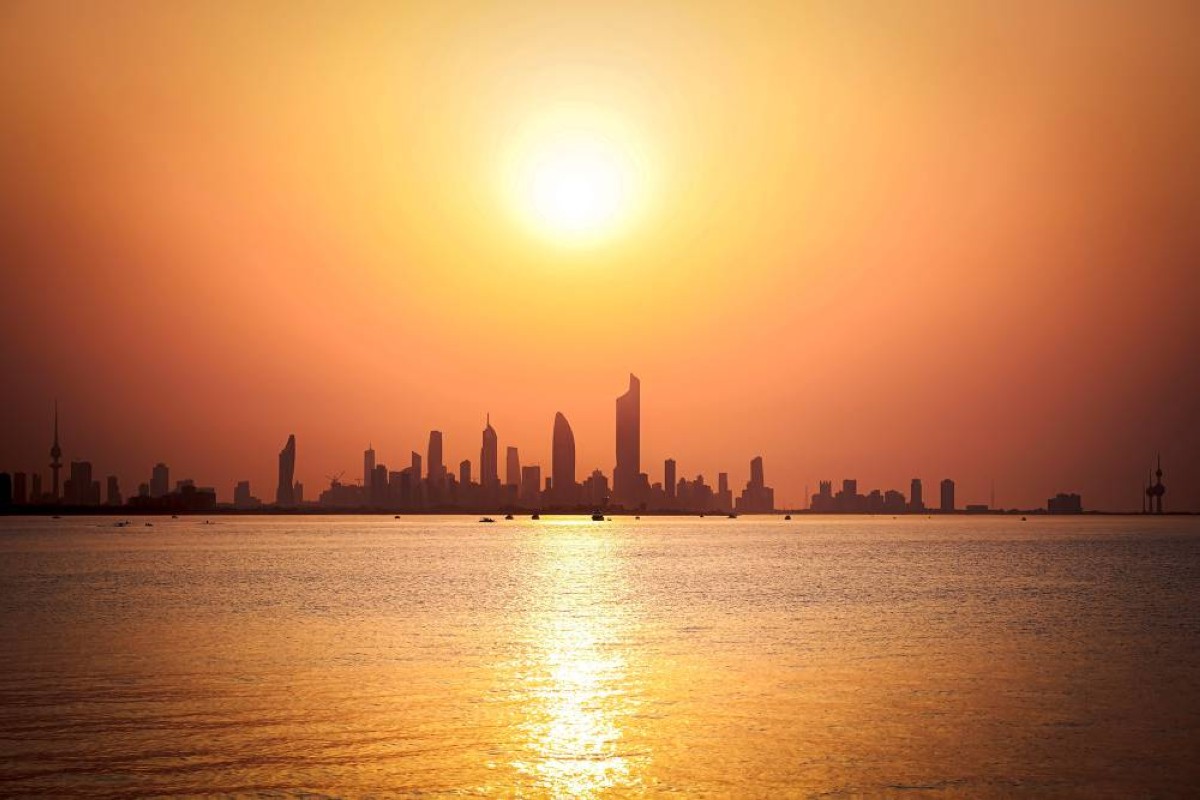KUWAIT: Slovenia’s Deputy Prime Minister and Minister of Foreign and European Affairs, Tanja Fajon, spoke to Kuwait Times on the sidelines of the 29th Joint Ministerial Meeting between the Gulf Cooperation Council (GCC) and the European Union (EU) during her first official visit to Kuwait. Fajon, who has served as Slovenia’s top diplomat for four years, discussed bilateral relations, investment opportunities, regional developments and Slovenia’s vision for stronger cooperation with Kuwait and the Gulf region.
Kuwait Times: How would you describe the current level of relations between Slovenia and Kuwait?
Minister Fajon: Slovenia and Kuwait have traditionally enjoyed friendly diplomatic relations since 1994. We have a history of cooperation in the health, medical, education and sports sectors. I see great potential to strengthen our political and economic ties further, encourage investment and deepen our understanding of each other. I hope to welcome the Kuwaiti Foreign Minister to Slovenia soon, as I have already extended an invitation for him to visit.
Kuwait Times: What are Slovenia’s priorities for strengthening its partnership with Kuwait in the coming years?
Minister Fajon: I had a wonderful meeting with members of the small Slovenian community in Kuwait mostly young entrepreneurs, athletes and professionals from the health sector. These are excellent examples of where cooperation can grow. Many Kuwaiti athletes already come to Slovenia for training. We could further develop sports education and tourism, and perhaps establish direct air connections between our two countries. Slovenia is a small but innovative country. We focus on science, clean energy and artificial intelligence. We are members of the European Space Agency and promote small, niche and innovative startups. There is also strong potential in the pharmaceutical and health sectors, where we already have successful experience.
Kuwait Times: How do you see opportunities to enhance economic cooperation, particularly in trade and energy?
Minister Fajon: There is significant untapped potential. Current trade is modest, but there is room to grow, especially in science, innovation, AI and pharmaceuticals. Energy is another area of great importance. Slovenia is one of the few countries that guarantee the right to clean water in its Constitution. Protecting the environment and expanding renewable energy are key national priorities. Through science, technology and expertise, we can share our “know-how” and work with Kuwait on renewable energy and environmental protection combining the best of both countries.
Kuwait Times: Are there potential areas for collaboration in defense and security?
Minister Fajon: We are living in a complex and challenging world, marked by numerous armed conflicts. Slovenia, like the rest of Europe, is deeply affected by Russia’s aggression against Ukraine and by the situation in the Middle East. We must stop the war in Gaza. Slovenia is very active in defending international law, the UN Charter and human rights. As a current non-permanent member of the UN Security Council, we work closely with Kuwait on these priorities. Kuwait cooperates with NATO, and Slovenia is a member of the NATO Alliance, this gives us room to exchange experience and collaborate on strengthening security, resilience and recovery. But for us, security means preventing wars and protecting civilians.
Kuwait Times: Are there plans to boost cultural or educational exchange?
Minister Fajon: I was a musician myself and I come from a family of musicians, and I truly believe that when politics fails, culture connects. Music and art speak a universal language. I would love to see more cooperation in culture, education and sports. Slovenia has outstanding ambassadors in music and athletics, and I am sure Kuwait does too. Strengthening people-to-people ties is the best bridge between our two nations.
Kuwait Times: How do you assess the current situation in the Middle East, and what role can Europe play alongside GCC countries?
Minister Fajon: I truly commend the efforts of the Gulf states to promote peace and stability in the region and to end the war in Gaza. Last year, Slovenia recognized the independent and sovereign State of Palestine. We continue urging our international partners to support this cause. Palestinians have the right to their own state. We strongly condemn violations of international and humanitarian law, including the genocidal acts committed by the Israeli government in Gaza. We call for an immediate ceasefire, the release of hostages and humanitarian assistance to the civilian population. The two-state solution remains the only guarantee for lasting peace and security. It is a moral and human obligation for the international community to act.
Kuwait Times: You called what Israel is doing in Gaza a “genocide.” Could you elaborate?
Minister Fajon: Honestly, you don’t need to be a lawyer to see how many innocent lives have been lost. Recently, an independent UN commission recognized these facts and officially declared that the famine in Gaza is man-made. Even though such statements do not stop the war on the ground, they highlight the gravity of the situation and the urgent need for accountability to end this tragedy.
Kuwait Times: How does Slovenia view current global developments, especially rising tensions between major powers?
Minister Fajon: Just a week after the UN High-Level Week, as conflicts continue in many parts of the world I wish to underline that the international community must recommit to the core values of humanitarian and international law. We need effective tools and a truly effective multilateral system an effective United Nations that fulfills its mission to ensure peace, security and stability around the world. All world leaders must reaffirm their commitment to the UN Charter and international law. For Slovenia, there is no alternative; we are not a country that starts wars, but one that protects international law.
Kuwait Times: Is a direct flight between Slovenia and Kuwait on the horizon?
Minister Fajon: I hope so! I had to fly overnight to reach Kuwait and it was quite tiring. A direct flight would greatly enhance people-to-people contacts. I’ve already proposed the idea to both sides and I truly hope we’ll see it happen soon, even though there’s nothing concrete yet.
Kuwait Times: Will Slovenia open a new embassy in Kuwait?
Minister Fajon: At the moment, our embassy in Abu Dhabi covers Kuwait on a non-resident basis. We would like to expand our diplomatic presence, but as a small country, our network is limited. Still, the Gulf region is becoming increasingly important for Slovenia and the European Union. Kuwait also has a non-resident ambassador covering Slovenia, so perhaps the time will come to elevate our diplomatic engagement.
Kuwait Times: What is your message to investors and tourists?
Minister Fajon: Slovenia is a highly attractive investment destination. We have a skilled workforce and a central geographic location. Our Port of Koper, the most well-known Adriatic port, is the gateway to Central and Eastern Europe and the Balkans. Distances within Slovenia are short, which makes logistics and travel easy. We also host a UNESCO-sponsored Center for Artificial Intelligence and promote innovation and small niche startups, specialized companies developing unique, high-value products for global markets.
In tourism, we are known for health and wellness spas, which are especially popular among visitors from Kuwait. Slovenia is among the top 10 safest countries in the world, with beautiful nature, excellent gastronomy and high-quality local products. We take pride in sustainable farming and clean food production, much of what we produce is homegrown and eco-friendly. Slovenia remains a hidden pearl.
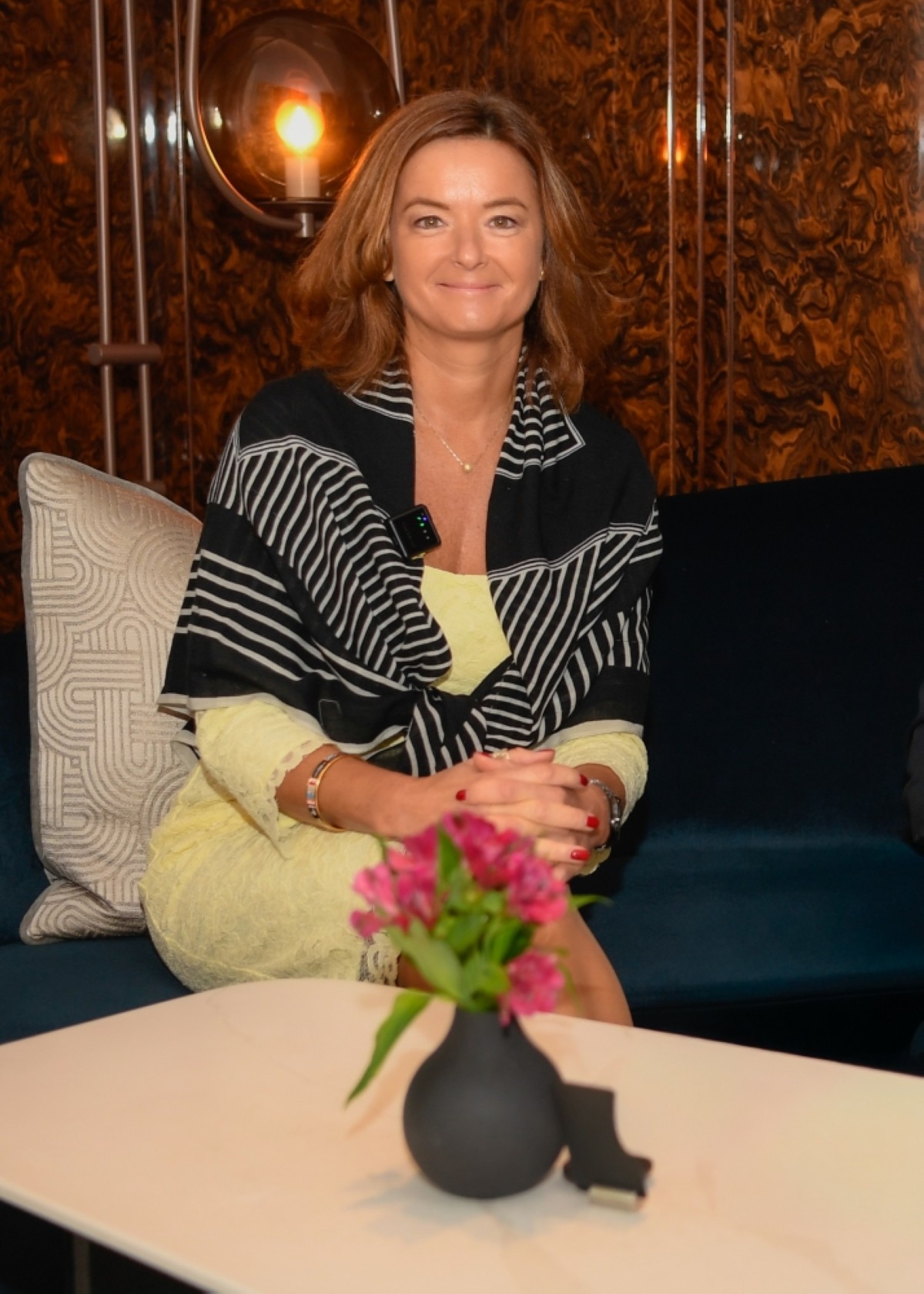

 Politics24 hours ago
Politics24 hours ago
 Business24 hours ago
Business24 hours ago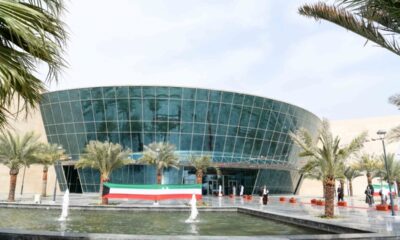
 Latest News23 hours ago
Latest News23 hours ago
 Politics21 hours ago
Politics21 hours ago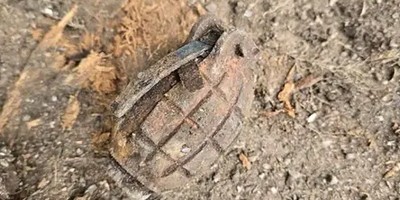
 Politics23 hours ago
Politics23 hours ago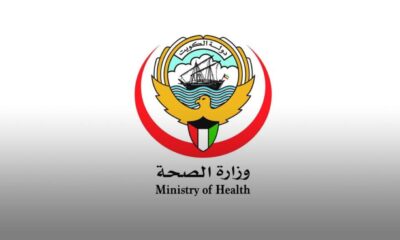
 Latest News21 hours ago
Latest News21 hours ago
 Politics10 hours ago
Politics10 hours ago
 Latest News9 hours ago
Latest News9 hours ago
